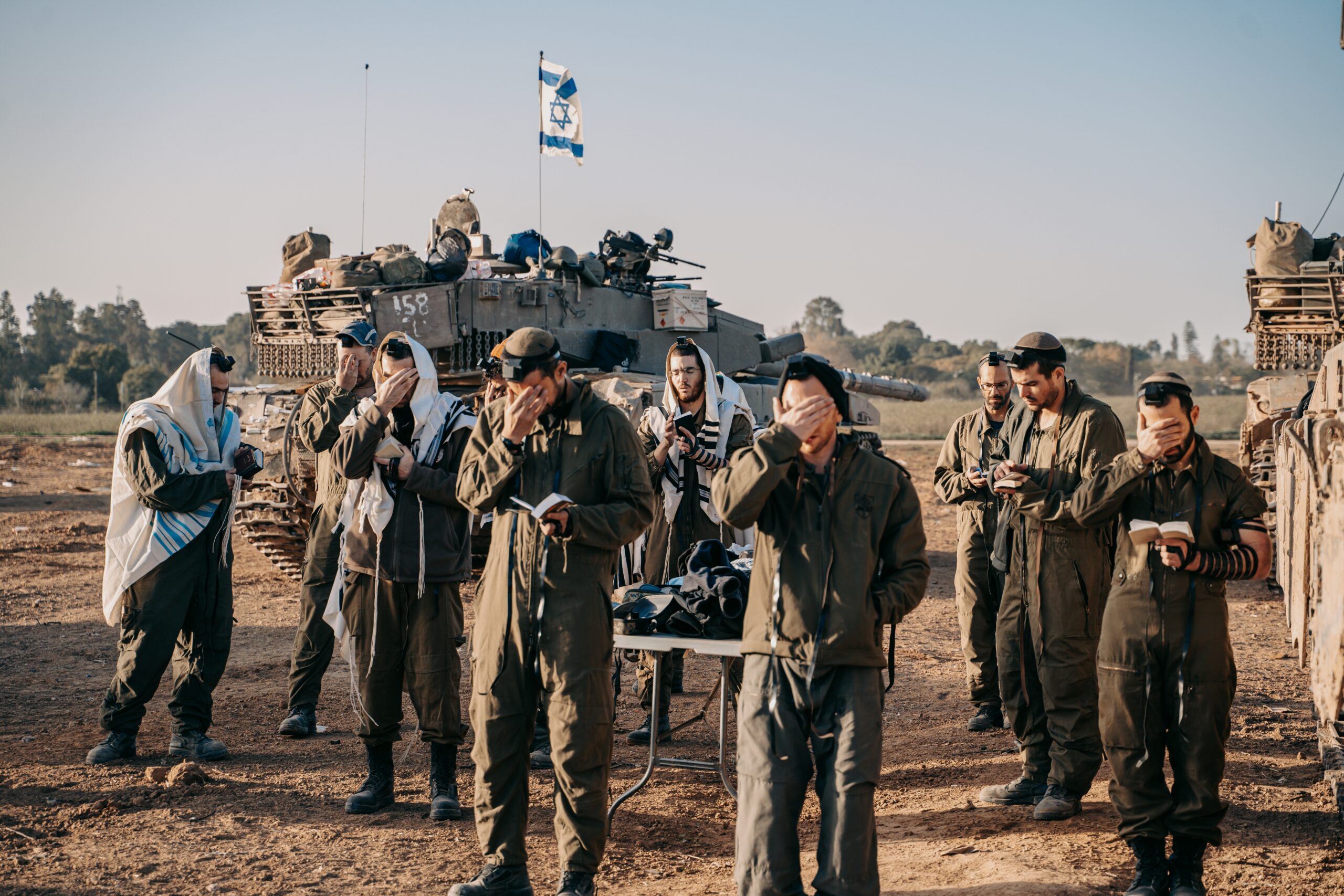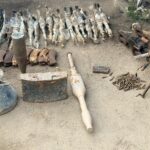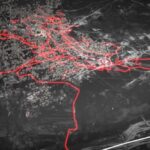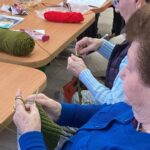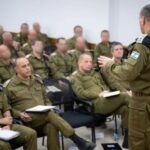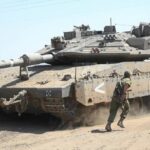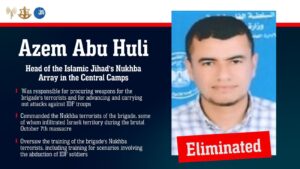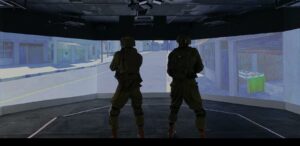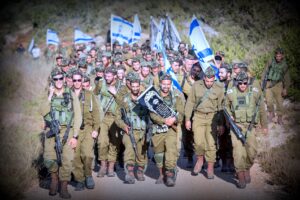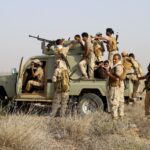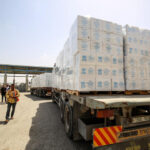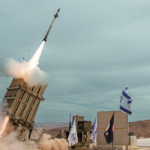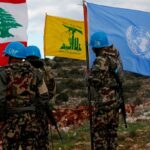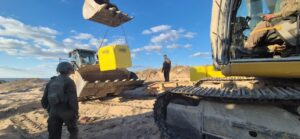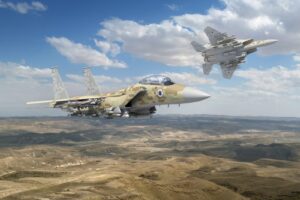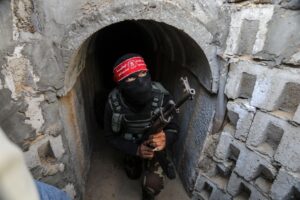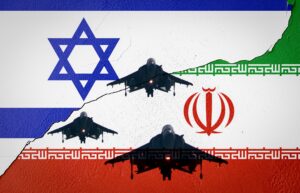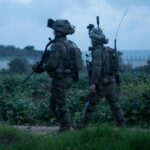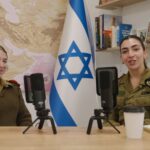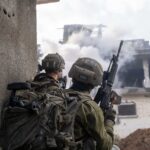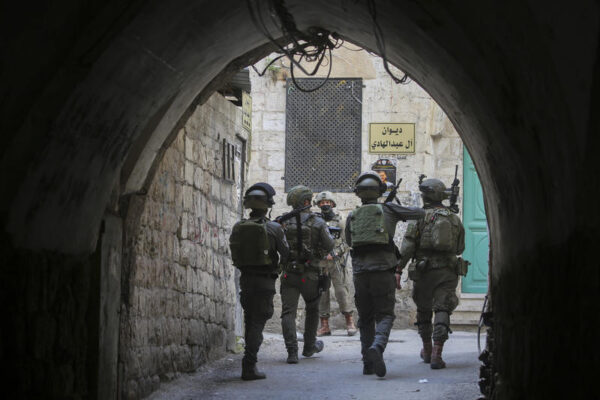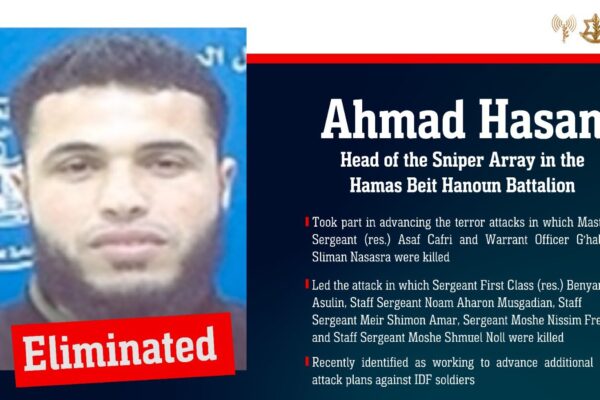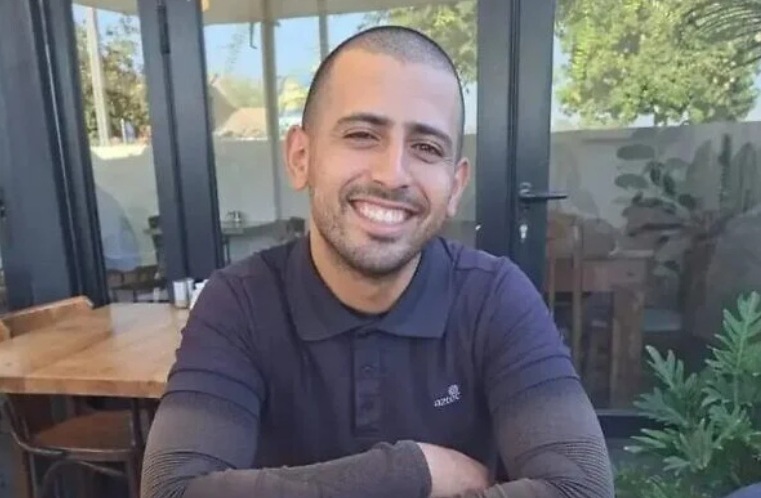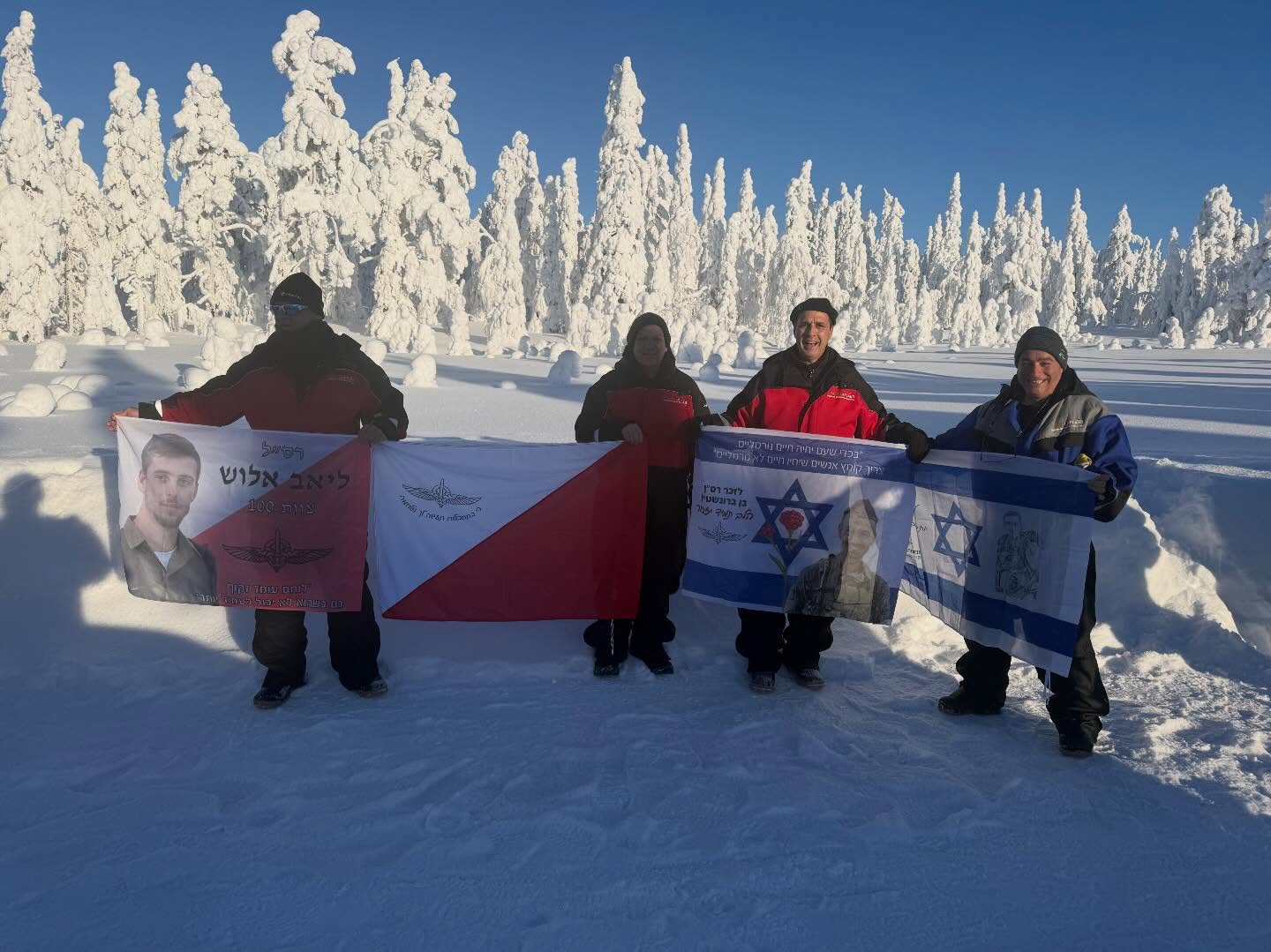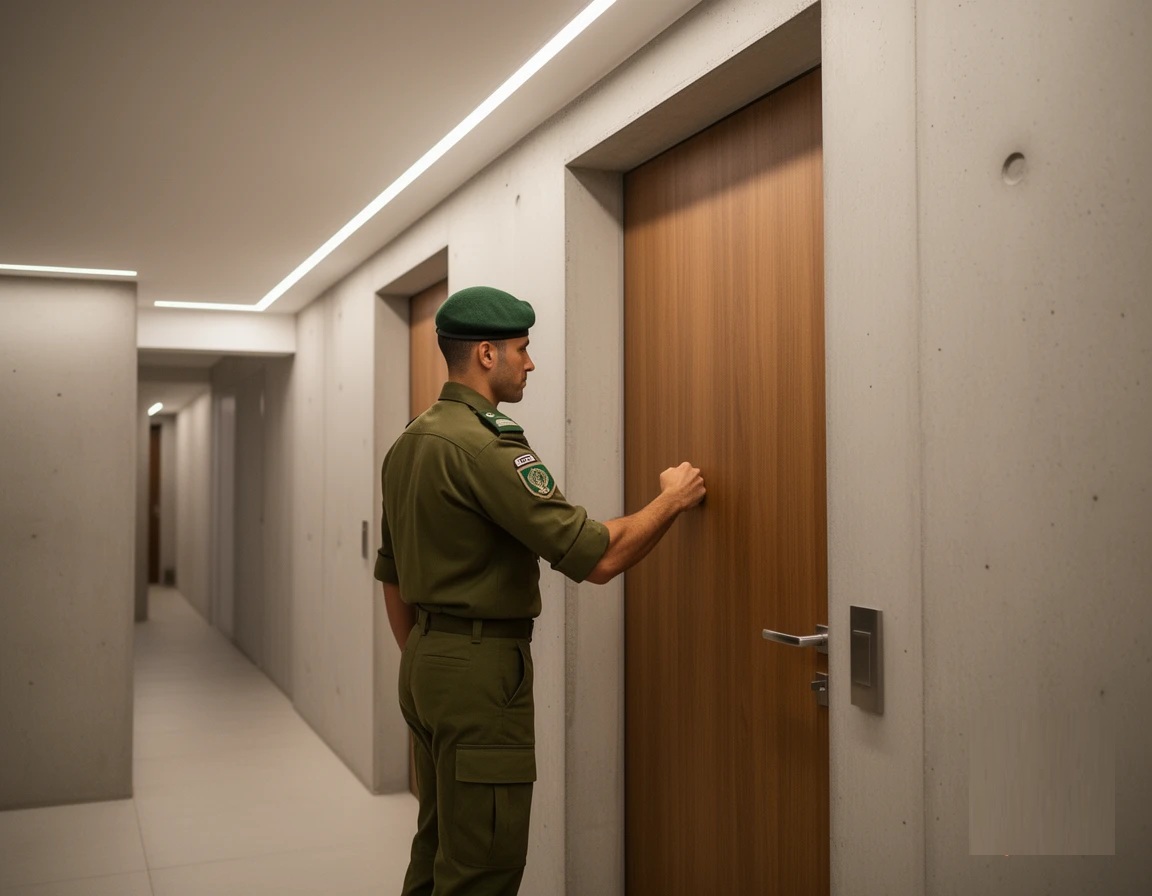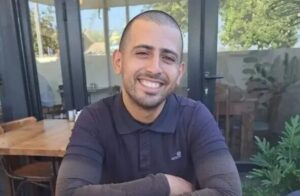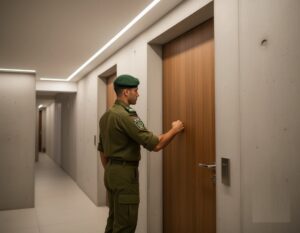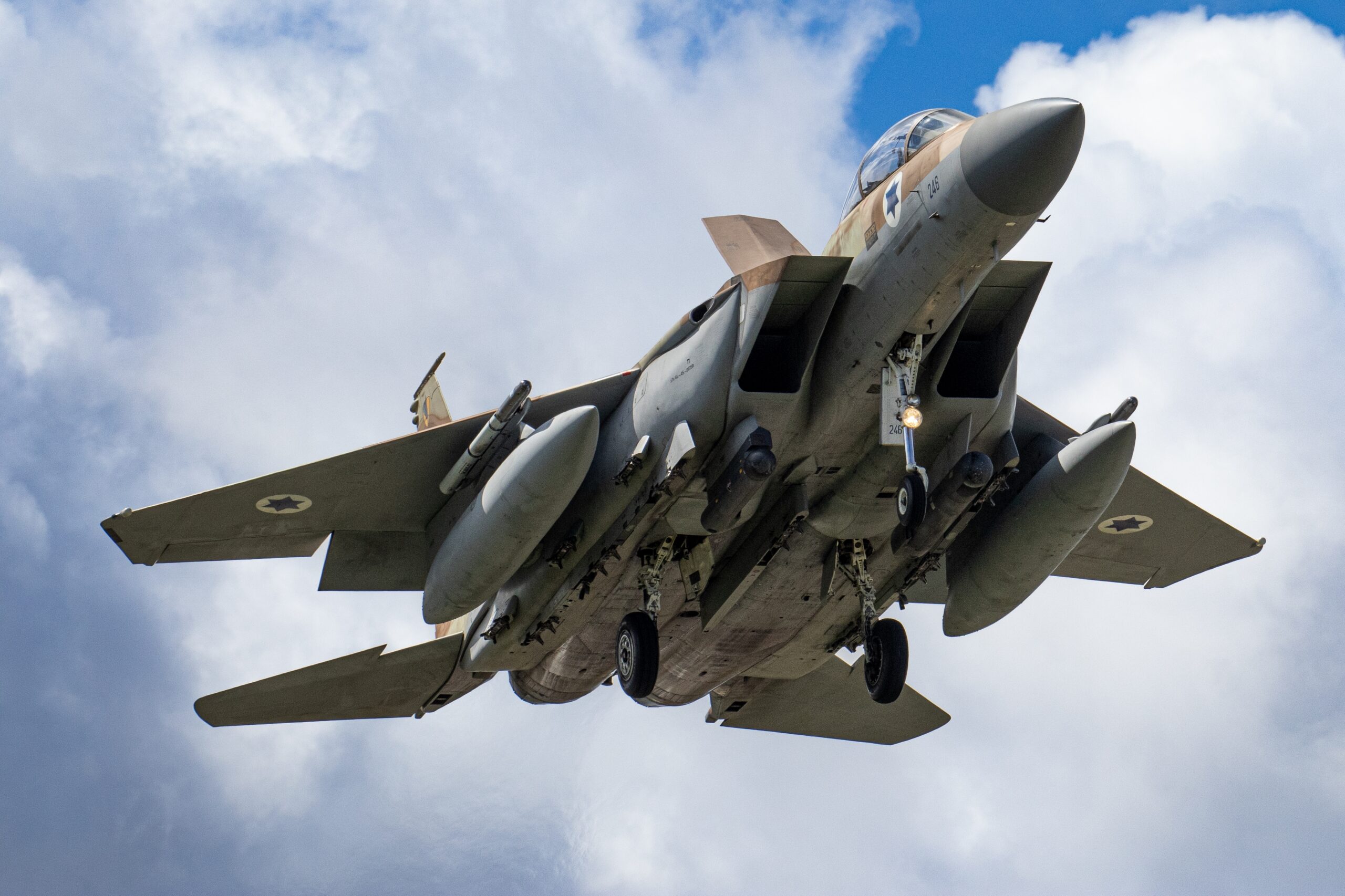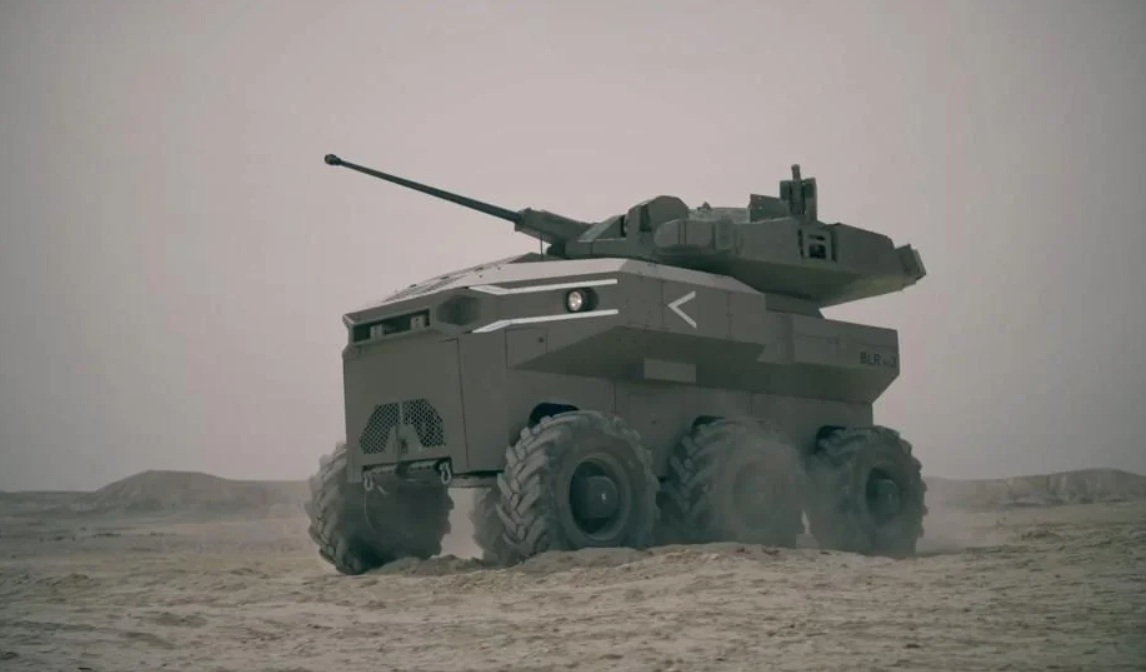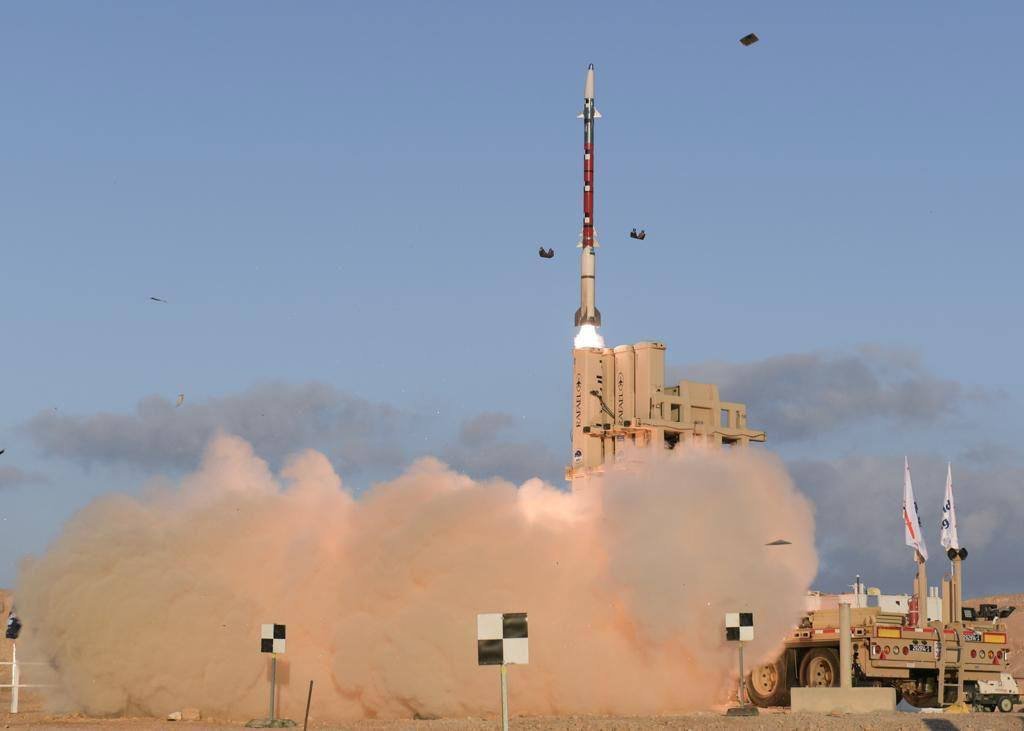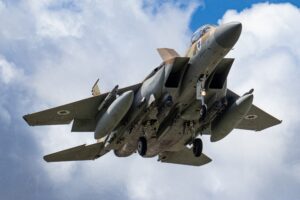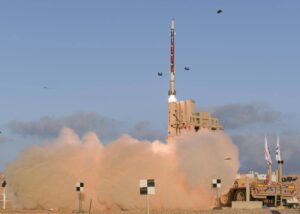Five female IDF surveillance soldiers even fasted on Yom Kippur while held in captivity by Hamas.
By Hezy Laing
Yom Kippur, the holiest day in the Jewish calendar, is observed with deep reverence by IDF soldiers who carefully balance religious tradition with the demands of military duty.
The day is marked by solemnity, prayer, and fasting wherever possible, while ensuring that operational readiness remains uncompromised.
On most bases, non-essential activities are suspended.
Training exercises and routine operations are paused, and the atmosphere shifts to one of quiet reflection.
Movement and communication are kept to a minimum, allowing soldiers to focus on the spiritual significance of the day.
Synagogue services are held across IDF installations, often led by military Rabbis.
Even those who do not identify as religious often participate.
Fasting is permitted for soldiers who are medically fit and not engaged in active combat or strenuous duties.
Many use the day for introspection, reading Psalms, or engaging in personal prayer.
However, the IDF recognizes that certain roles require full physical and mental capacity.
Units on active duty—such as border patrol, intelligence, or emergency response—remain fully functional.
Soldiers in these positions may be forbidden from fasting or requested to break their fast if necessary for performance and safety.
Eligibility to fast is determined jointly by military rabbis and medical officers.
Healthy soldiers with no immediate operational demands are generally allowed to fast.
Conversely, soldiers with medical conditions or those in high-alert zones are discouraged from fasting if it could impair their judgment or strength.
The guiding principle is pikuach nefesh—the preservation of life—which overrides religious obligations when necessary.
IDF soldiers stationed in Gaza or near active combat zones during Yom Kippur face a unique challenge: honoring the sanctity of the day while remaining fully alert and capable of responding to threats.
In such high-risk environments, fasting is generally discouraged if it could compromise a soldier’s physical or mental performance, but many still do.
In the heart of combat zones, where dust and danger cloud the air, IDF soldiers create makeshift synagogues—humble sanctuaries of faith amid war.
These improvised prayer spaces often emerge in tents, bunkers, or cleared-out corners of bombed buildings.
A folding table becomes the bimah, a Torah scroll wrapped in cloth rests gently atop it, and overturned helmets or crates serve as seats.
Soldiers gather in uniform, rifles slung over shoulders, some still wearing flak jackets, to recite prayers with quiet intensity.
Despite the chaos, the atmosphere shifts during these moments.
Yom Kippur services are abbreviated but deeply felt. Singing is subdued, sometimes whispered, as artillery echoes in the distance.
Even secular soldiers often join, drawn by the unity and solemnity of the ritual.
Mezuzahs may be taped to tent poles or sketched in chalk—symbolic gestures that carry profound meaning.
The IDF Rabbinate ensures Torah scrolls and prayer books reach the front lines.
These makeshift synagogues are more than places of worship; they are expressions of identity, memory, and hope.
In the midst of conflict, they remind soldiers that the soul has its place, even when the world around them is burning.
Recently it emerged that IDF hostages fasted on Yom Kippur while in captivity.
Five female IDF surveillance soldiers—Agam Berger, Karina Ariev, Daniella Gilboa, Naama Levy, and Liri Albag—were held hostage by Hamas for over 15 months.
Despite enduring extreme deprivation, solitary confinement, and forced labor, they reportedly chose to fast on Yom Kippur while in captivity.
The soldiers rationed grains of rice and refrained from eating, even though food and water were scarce.
Their decision to uphold Jewish traditions under such brutal conditions became a symbol of spiritual defiance.


